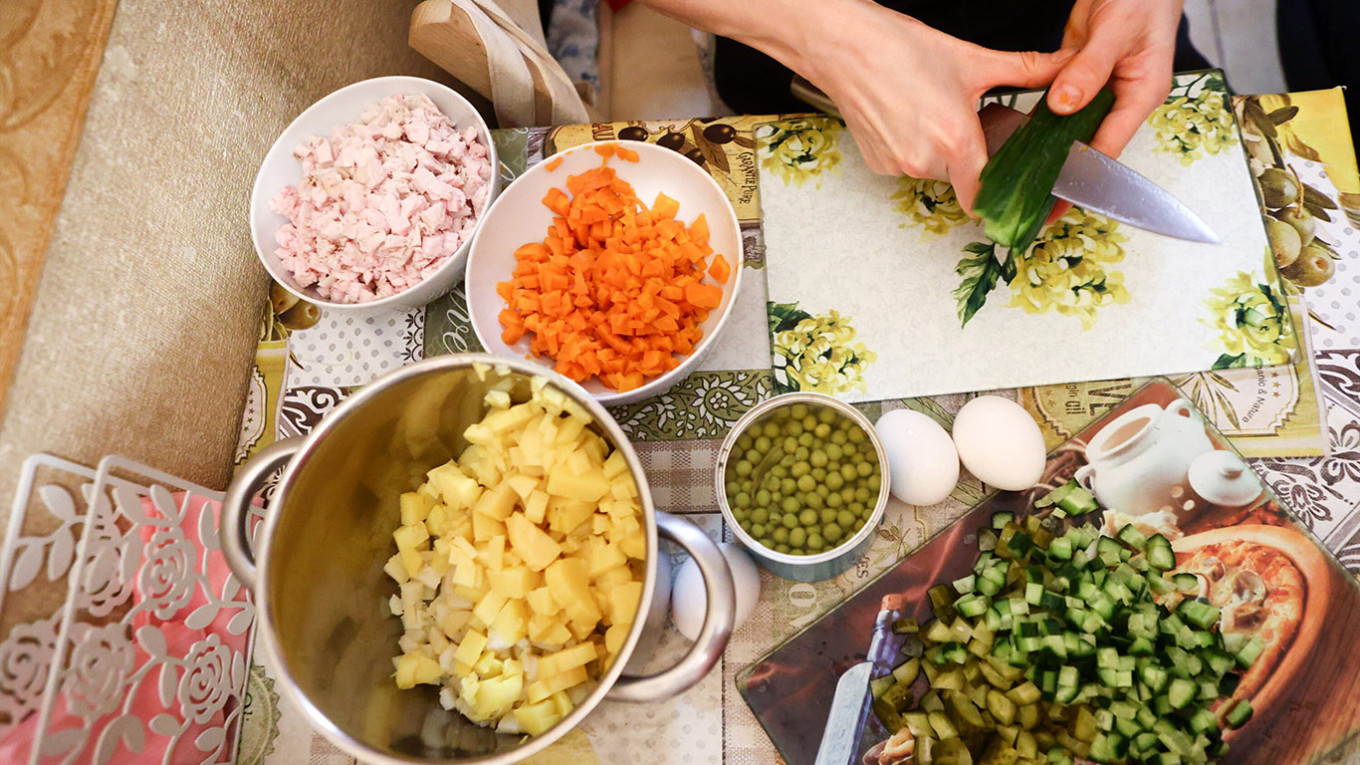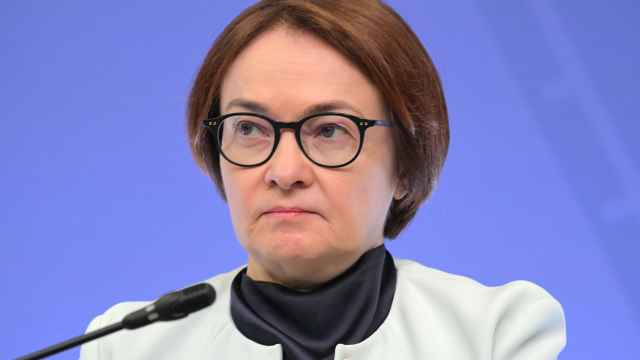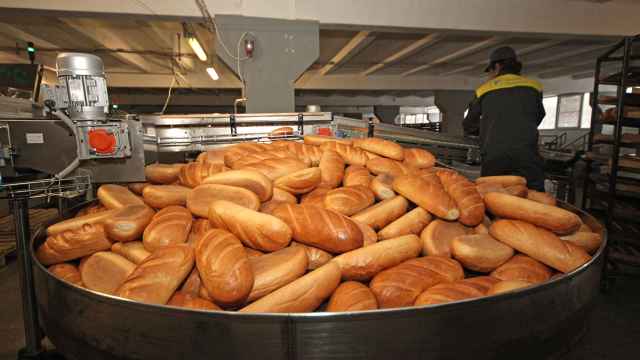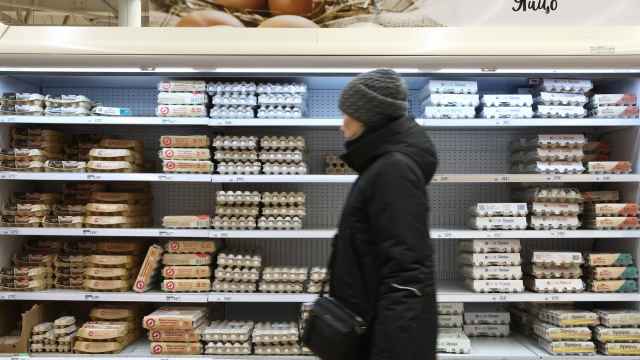Russian authorities are in talks with the leading supermarket again on price controls ahead of the end-of-the-year holiday season. The Kremlin is particularly worried about the soaring price of mayonnaise.
The Kommersant business daily reported that the country’s largest mayonnaise producer, Essen Production, warned that retailers would hike prices by up to 10% on mayo, up to 15% for mayo-containing sauces and up to 10% for tomato sauce as of Dec. 15.
That is a big problem in Russia. They love mayonnaise, which is one of the main ingredients of Olivier salad. This potato, pea and ham salad is to the Russian holiday table what turkey is to Thanksgiving dinner.
This season's price hike is the second increase in mayo prices by Essen this year, reportedly attributed to more expensive vegetable oil, its main ingredient. Eggs, the other main ingredient of mayonnaise, have also been in short supply and become more expensive.
Analysts surveyed by the newspaper said that other producers could follow Essen’s price hike.
Higher food prices ahead of the holidays would further intensify inflationary pressures (chart), in addition to the most recent severe weakening of the ruble and the seasonal hike in both state and household spending.
The Russian Central Bank has been struggling to rein in runaway inflation, which peaked at 9.1% in July and has only fallen slightly since then. The Central Bank is expected to keep raising the key interest rate, currently already set at a record-high 21%, at its next scheduled monetary policy board meeting on Dec. 20.
According to a separate report by the Izvestia daily, leading dairy producers held a meeting at the Agriculture Ministry and agreed with the Federal Antimonopoly Service (FAS) and the largest retailers on a noticeable reduction in prices for socially important goods before the New Year holidays.
The Kremlin has resorted to these administrative tools to bring high prices on staples down in the past and retailers and producers have cooperated before, but only for a limited time.
Containing price surges before the holidays begin is politically important for the Putin administration which is working hard to shield the population from the worst effects of the war in Ukraine.
Reportedly, the largest dairy producers such as Molvest, EkoNiva, Renna and others, will reduce prices by 10-15% for a narrow range of products: cheap milk with a fat content of 2.5%, butter with a fat content of 72% and some others. At the same time, retailers will limit the markup on these products to 5-10% until the end of freezing at manufacturers.
Notably, while some retailers (the largest players X5, Magnit, Dixy and French Auchan) accepted the FAS proposal, others such as Metro, Lenta, MariaRa and Monetka rejected it, according to Izvestia.
This article was originally published by bne IntelliNews.
A Message from The Moscow Times:
Dear readers,
We are facing unprecedented challenges. Russia's Prosecutor General's Office has designated The Moscow Times as an "undesirable" organization, criminalizing our work and putting our staff at risk of prosecution. This follows our earlier unjust labeling as a "foreign agent."
These actions are direct attempts to silence independent journalism in Russia. The authorities claim our work "discredits the decisions of the Russian leadership." We see things differently: we strive to provide accurate, unbiased reporting on Russia.
We, the journalists of The Moscow Times, refuse to be silenced. But to continue our work, we need your help.
Your support, no matter how small, makes a world of difference. If you can, please support us monthly starting from just $2. It's quick to set up, and every contribution makes a significant impact.
By supporting The Moscow Times, you're defending open, independent journalism in the face of repression. Thank you for standing with us.
Remind me later.






